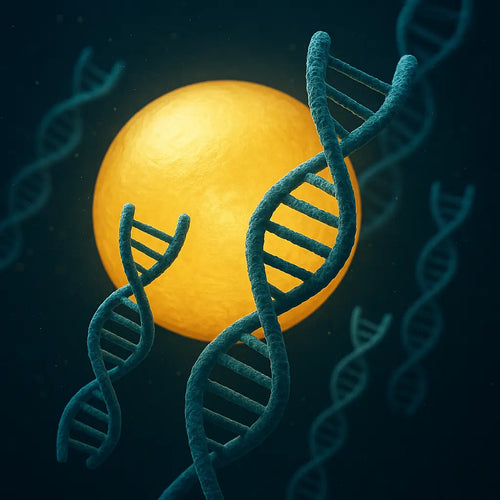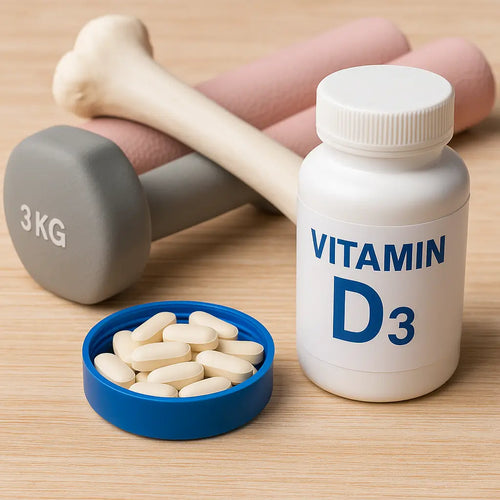
Mitochondrial disorders play a central role in many diseases. The mitochondria is the energy producing entity of the cells.
These researchers explained that it is vitally important for the cells to have optimal levels of glutathione in the mitochondria to prevent cellular dysfunction (Mari M, et al., 2020).
A common denominator in all conditions associated with COVID-19 appears to be the impaired redox homeostasis (free radical and antioxidant balance) which is responsible for free radical accumulation. The levels of glutathione which is the key anti-oxidant in all tissues, could be critical in extinguishing the exacerbated inflammation that triggers organ failure in COVID-19 (Silvagno F, et al., 2021).
This author presents the hypothesis that glutathione deficiency is the most plausible explanation for serious manifestation and death in COVID-19 patients (Polonikov A. 2021).
While the body is producing glutathione, it is producing less as we get older, and not enough under certain conditions.
S-Acetyl Glutathione is an easy and effective way to increase the body’s glutathione levels (Cacciatore I, et al., 2010).
This form of glutathione gets into the cells where it is needed. Reduced glutathione which is the most common form on the market is for the most part oxidized (destroyed) in the stomach and is not very useful.
References:
Cacciatore I, Cornacchia C, Pinnen F, Mollica A, Di Stefano A. Prodrug approach for increasing cellular glutathione levels.Molecules. 2010 Mar 3;15(3):1242-64.
Marí M, de Gregorio E, de Dios C, Roca-Agujetas V, Cucarull B, Tutusaus A, Morales A, Colell A. Mitochondrial Glutathione: Recent Insights and Role in Disease. Antioxidants (Basel). 2020 Sep 24;9(10):909.
Silvagno F, Vernone A, Pescarmona GP. The Role of Glutathione in Protecting against the Severe Inflammatory Response Triggered by COVID-19. Antioxidants (Basel). 2020 Jul 16;9(7):624.

Glutathione is your primary defense against aging.
It’s a very effective antioxidant the body makes to protect itself from free radical damage (oxidative stress). It can help repair cells that are damaged by stress, radiation, pollution, infection, and other illnesses.
As we get older, our cells begin to lose their ability to repair themselves. We make less glutathione, and we actually need more. In certain conditions, younger people may need more glutathione as well.









